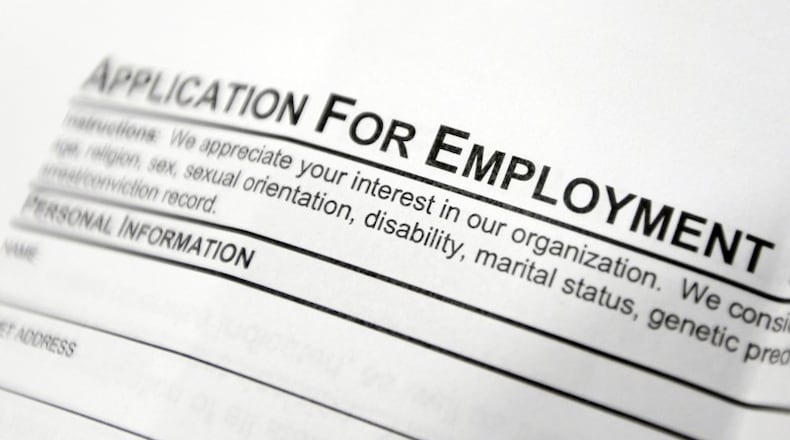The Ohio Department of Job and Family Services has put out a three-step guide on what to do if you suspect someone fraudulently applied for unemployment benefits in your name.
Step one: Report it to https://unemploymenthelp.ohio.gov.
“ODJFS will issue confirmation emails to everyone who files a report with information about identity theft and protection,” the guidance says. “The agency will process the reports, conduct investigations and, if necessary, issue corrections to the Internal Revenue Service on 1099s issued to victims.”
Step two: If you received an IRS form 1099-G stating you claimed benefits when you did not, you do not need to report those benefits on your taxes, according to the Ohio Department of Taxation.
“Generally, you should not include unemployment benefits you did not apply for as income on your federal and state income tax returns,” the Department of Taxation advises.
“You do not need to have a determination from ODJFS on your ID theft claim or a corrected 1099-G to file your federal and state income tax returns. However, you should continue to pursue a corrected 1099-G from ODJFS after your returns are filed to avoid a future audit by the IRS or ODT.”
Step three: Protect your identity.
“If you receive something from us and you did not file for unemployment benefits, it’s reasonable to assume, and I would encourage people to assume, that your identity has been compromised in one way or another,” said ODJFS spokesman Tom Betti.
This could be the result of several data breaches in recent years. The 2017 Equifax breach for example exposed the personal information of 147 million people.
If you think your identity was stolen, steps include:
- Reporting the incident to local law enforcement; keep a copy of that report.
- Review your credit report at AnnualCreditReport.com
- Place a fraud alert on your credit reports through the nationwide credit reporting companies. More resources are available at https://unemploymenthelp.ohio.gov/IdentityTheft.
As of Friday morning, 7,725 Ohioans had reported fraudulent filings to ODJFS.
Since March 2020, the agency has flagged roughly 44,000 out of 1.7 million new filings for traditional unemployment as potentially fraudulent. Of the 1.4 million filings for expanded pandemic unemployment — which is designed for self-employed people so doesn’t require employer verification — they have flagged about 796,000 claims.
The extension of expanded unemployment in December came with additional reporting requirements meant to reduce fraud. The ODJFS fraud unit has 141 employees and plans to increase that number to 183 by the end of March.
They are still tallying how much may have been fraudulently paid out. The issue is affecting unemployment claims in all 50 states, Betti said. Those who had false claims filed in their names in Ohio include Ohio Gov. Mike DeWine and Lt. Gov. Jon Husted.
“We know with major identity breaches in the last few years… a lot of our identities, from the governor down to reporters, our identities have been compromised,” Betti said.
About the Author

